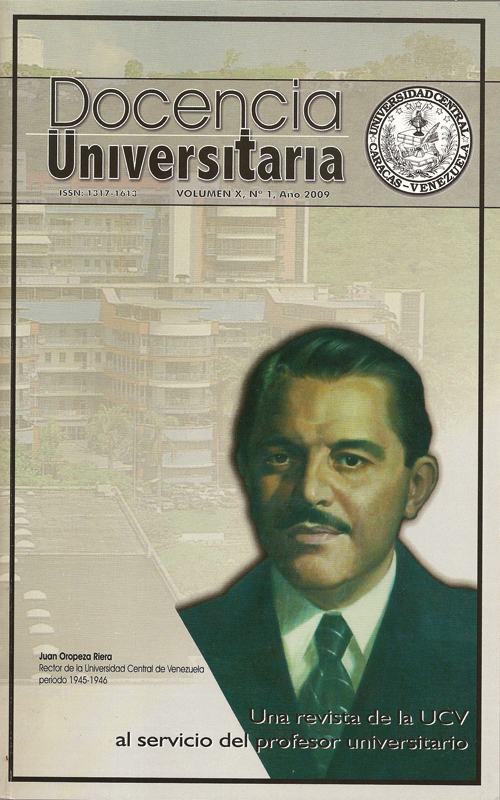Los Circuitos Escolares y el Ingreso a la Educación Superior en Venezuela
Palabras clave:
Educación Superior, Pruebas de Ingreso, Exclusión, Higher Education, Admission tests, exclusionResumen
Resumen
El ingreso a las universidades autónomas en Venezuela ha sido objeto de un largo debate. Tanto la Prueba de Aptitud Académica propuesta por el Consejo Nacional de Universidades como las Pruebas Internas de las universidades Nacionales han sido objeto de severas críticas. Las primeras, por supuestas sobre-exigencias que reducen la posibilidad de ingreso a los menos preparados; y las segundas, por un supuesto carácter excluyente que reduce la posibilidad de los más pobres. Ambas posiciones conducen a soluciones que no atacan el problema de fondo: la generación de circuitos escolares donde se imparte una educación precaria que limita cualquier probabilidad de éxito en los intentos de ingreso a la Educación Superior.
School Circuits and the Process of Admission in Higher Education Institutions in Venezuela
Abstract
Students´ admission in the autonomic universities of Venezuela has been a subject of long debates and controversies. The Academic Aptitude Test proposed by the University National Council as well as the internal tests designed and applied by each faculty in the different National Universities have been highly criticized, with arguments which point out on one hand, to the excessive high evaluation standards imposed by the former, which reduce the possibility to be admitted in those students less prepared; and on the other hand, the exclusive nature attributed to the latter which reduce the possibility of inclusion of the poorer. Both points of view have led to the search of solutions which do not tackle the persisting problem in depth: the emergence of school circuits where a precarious education is imparted, restricting any possibility o f attaining success in the intents of being admitted in higher education institutions.


